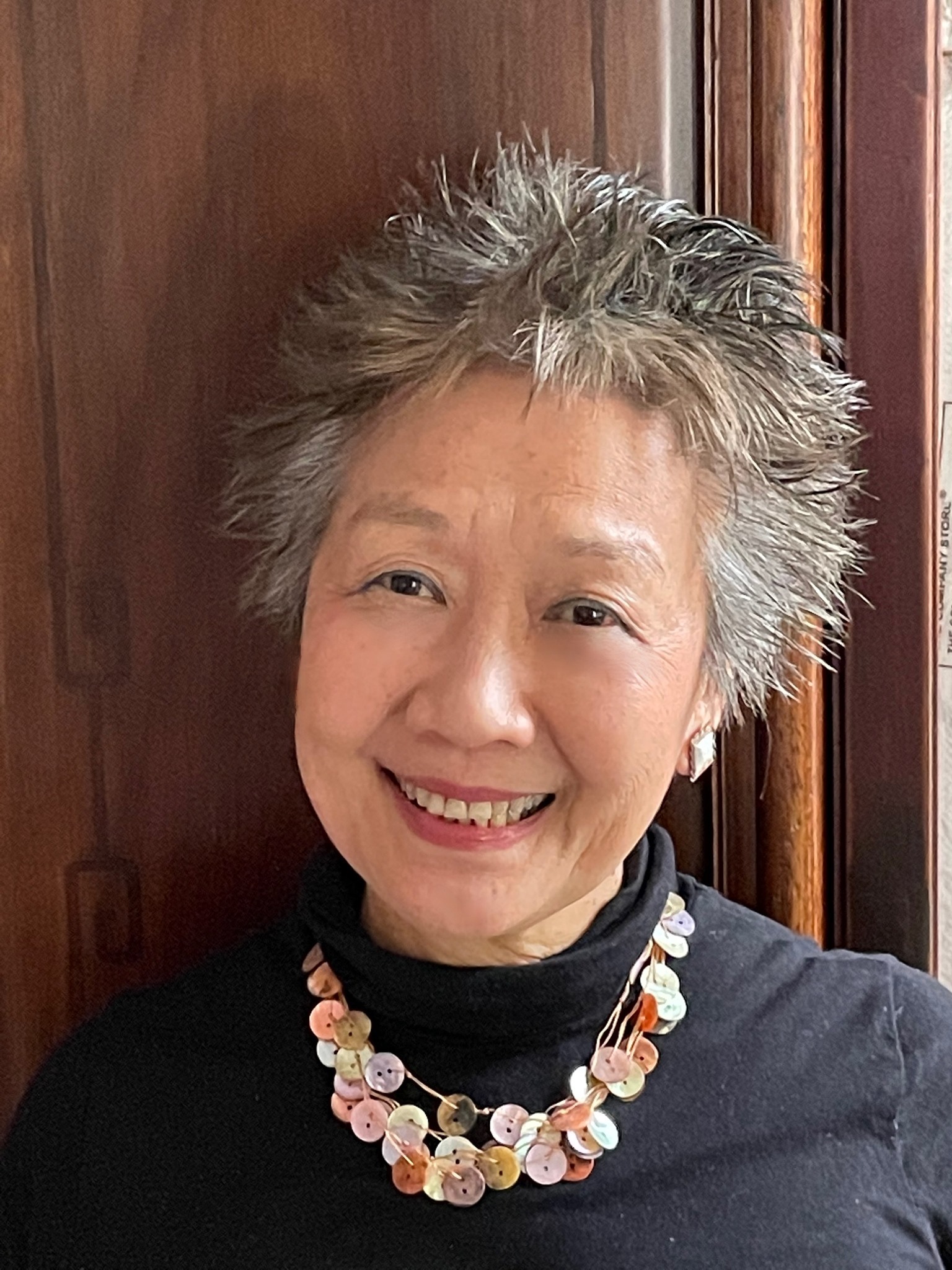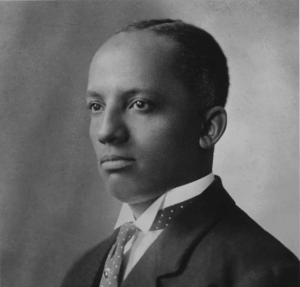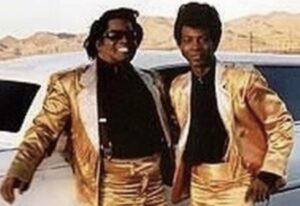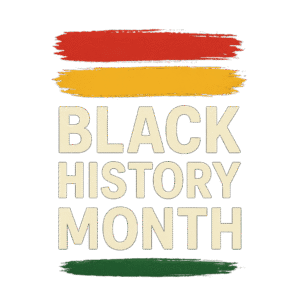The Killing of Six Asian Women in Atlanta Was a Hate Crime

Dr. Mary Yee, University of Pennsylvania. Photo courtesy of Dr. Mary Yee Facebook.
BY DR. MARY P. YEE | AC JosepH Guest Blogger
I was honored to be asked by my friend Wilfredo Rojas to write a column on anti-Asian violence and the need for solidarity among racialized, marginalized and dispossessed peoples.
Wilfredo is not just a personal friend of mine but a political friend as we worked together in the 1990s within the Third World Coalition, a progressive, multi-racial/ethnic group of social justice activists.
The recent mass killing in the Atlanta area of six Asian women, who were workers in massage parlors or spas, was practically a foregone conclusion, given the alarms that have been raised by the Asian American community since the beginning of the pandemic.
Over these last few days, the media has been replete with statements from every conceivable corner expressing grief, emotional or moral support, and the need for combating violence. Skeptically, one could say this is “too little too late.”
However, I am hoping that this is a wake-up call to recognize that the model minority myth attributed to Asians is patently untrue, as is the stereotype of the perpetual foreigner. Asian American citizens, immigrants, and their communities have contributed not only to the building of America since the 1860s but also presently in all fields of endeavor, working class to professional.
In considering the killings of the six Asian women, it would be disingenuous to say that they were not motivated by racial hatred. The women had many intertwining, or intersectional, identities that cannot be divorced from one another.
Sex industry workers cannot be singled out from Asian, female, immigrant, second language speakers, or low wage workers in an ethnically and gender-tracked occupation. Since the beginning of Asian immigration, Chinese women were excluded from the U.S. because they were perceived to be potential prostitutes — an image only bolstered by the white media’s voyeuristic descriptions of opium dens and brothels in Chinatowns, actually frequented by white middle-class patrons.
The hypersexualization of Asian women was combined with stereotypical characteristics of being passive, compliant, deferential, and sensually exotic. American imperialism reinforced this image in Asian countries where it fueled the sex industry around American military bases. Returning GIs brought and spread this notion of Asian American women with them, fueling waves of racial harassment, assault, abuse, and microaggressions.
White supremacist ideology is insidious. It threatens all BIPOC women. Its underlying values, assumptions, and biases — conscious and unconscious — undergirded by racism, xenophobia, and misogyny permeate American society. The histories of Hispanic and Asian communities demonstrate this in our experiences of colonization, migration, dislocation, discrimination (as people who don’t look white), and often don’t speak English as a first language. Most of our people are hard-working people trying to survive; they want their children to have a better life; they want their children to have a good education and a good job.
Despite these honorable goals, our communities are faced with racism on many levels: institutional, intergroup, and interpersonal. If we begin to understand the commonalities in our histories and experiences of oppression, we can also find common ground on which to unite around social justice aims. I am hoping that Wilfredo and I can rekindle that kind of dialogue between our communities.
Bio: Dr. Mary Yee is a consultant and ethnographer in Education Research Forum at University of Pennsylvania Graduate School of Education. She received her doctorate from UPenn and has been involved in planning and advocacy for Philadelphia neighborhoods for more than four decades. She has worked with Asian Americans United and the Education Law Center.
Follow Us Today On:
Note from AC JosepH Media: If you like this story and others posted on Front Runner New Jersey.com, lend us a hand so we can keep producing articles like these for New Jersey and the world to see. Click on SUPPORT FRNJ and make a contribution that will do directly in making more stories like this available. Thank you for reading!





